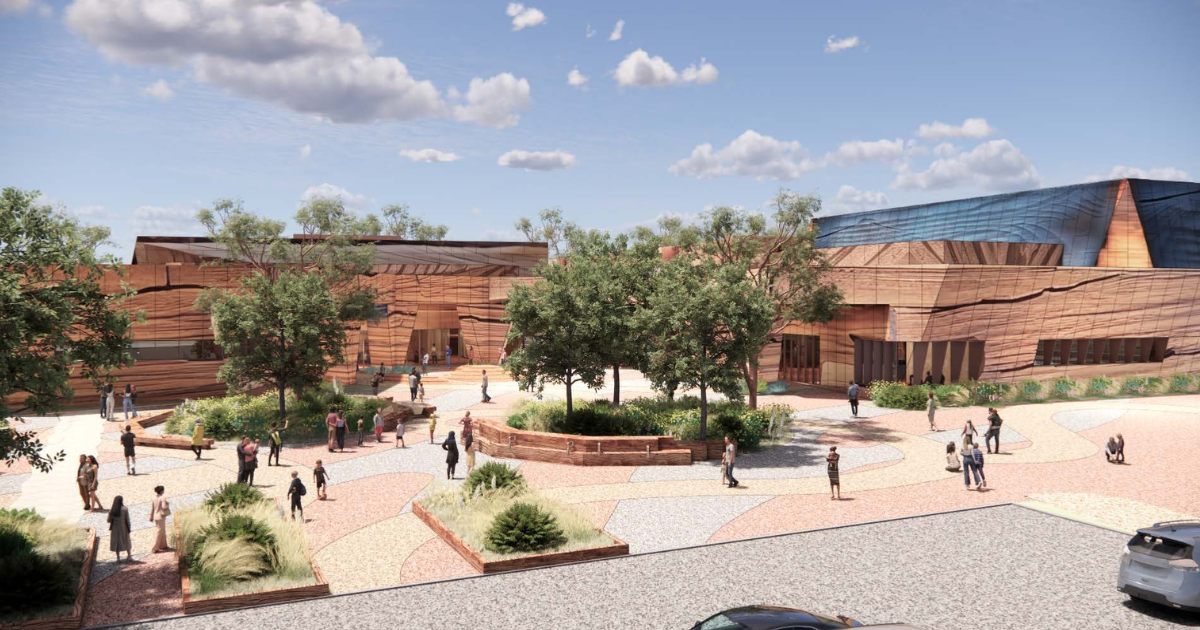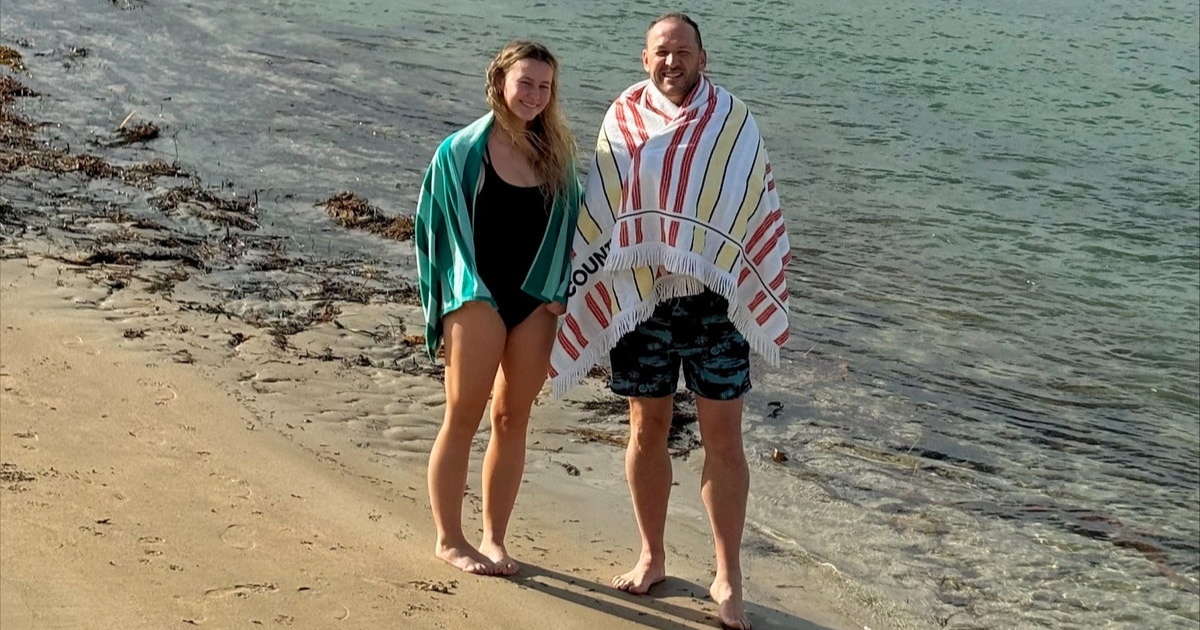Landcare grants for koalas and billabong

Stephanie Peacock and Magenta Grace at one of Bellarine Landcare Group’s Koala habitat revegetation days in Drysdale as part of Bellarine Landcare’s 201819 Victorian Landcare Grant.
LANDCARE have recently announced the recipients of their Victorian Landcare Grants Program.
This program included more than $230,000 worth of funding for local projects in the Corangamite catchment and just under $2 million across Victoria.
Corangamite Catchment Management Authority (CCMA) general manager of community and catchment services Sarah Holland said Landcare’s contributions were a major benefit.
“Our Landcare groups put forward some quality applications and it is wonderful the government was able to fund many of these.
“The projects will add to the Corangamite region’s rich history of Landcare, with over 4,200 members volunteering their time to improving the health of the environment.”
Bellarine Landcare received a grant of $17,750 for their project titled Koala Country – Rediscovering And Conserving The Bellarine’s Hidden Native Fauna And Their Habitats.
They are inviting Bellarine Peninsula landholders to get involved and help them re-establish the vegetation, while also providing a series of workshops to teach people able the local plants and animals.
Bellarine Landcare group president Kate Lockhart said the work would benefit more than just the koalas.
“Protection of remnant vegetation, and revegetation with locally indigenous trees, shrubs and grasses, provides many benefits, including supporting native animals, providing shade and shelter for livestock, carbon sequestration and improved visual amenity.”
Anglesea, Aireys Inlet Society for the Protection of Flora and Fauna (ANGAIR) were also one of the major benefactors from the grants.
They received $18,663 for their Rehabilitation and Protection of Painkalac Valley Wetlands project.
The project aims to revegetate the block and reform the billabongs and ephemeral lake that still frequently form over winter and spring.
The wetlands will subsequently provide a crucial habitat for birds and native animals.
Volunteers’ willingness to help the project has meant that much of the groundwork has been done with the removal of weeds and fencing across about 10 acres of land.
The area will now begin to be revegetated with native plants.

















